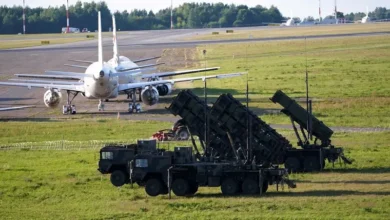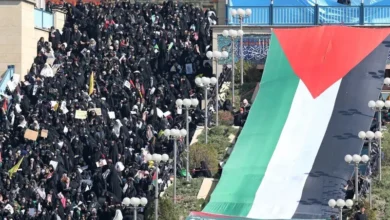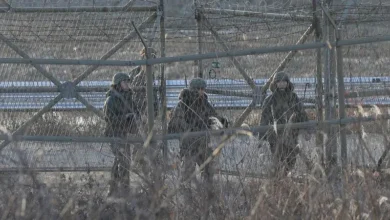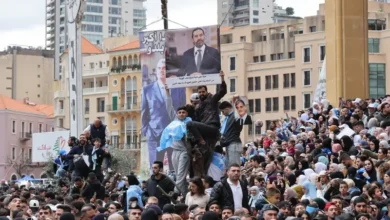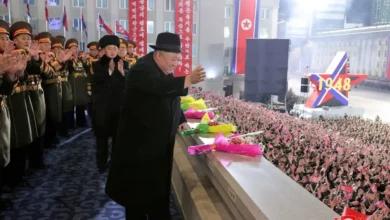‘No place to go’: As Israel bombs Lebanon, African migrants feel abandoned
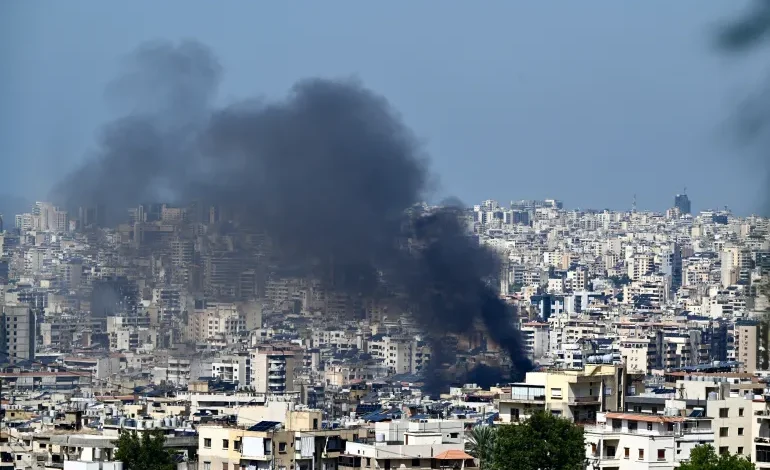
Soreti*, an Ethiopian migrant domestic worker living in Lebanon, says she feels lucky to be alive. She was not home when Israeli air strikes struck buildings in her neighbourhood in the southern Lebanese city of Tyre on September 23.
“It was a massacre,” the 34-year-old said from a private home where she and dozens of fellow African migrants, including children, are now sheltering. “They just hit apartment buildings where old people and children live. I’m OK, I think I lost some hearing, though. Children here are scared to sleep from nightmares,” she told Al Jazeera.
Soreti is among an estimated 175,000 to 200,000 foreign domestic workers living in Lebanon, the majority of them women. According to a 2019 Amnesty International report, which cited the Ministry of Labour, at least 75 percent of migrant domestic workers in Lebanon at the time were Ethiopian. They began arriving in the 1980s, and after the end of Lebanon’s civil war flocked to the country in droves throughout the 1990s and 2000s. Most take up low-paid jobs as live-in caregivers and send money to their families back home.
Israel, which has been waging a war on Gaza since October last year, escalated its attacks on Lebanon last month. Its military says the offensive is targeting facilities being used by the Lebanese group Hezbollah.
At least 1,900 people have been killed in Israeli attacks on Lebanon in the last year, according to the country’s Ministry of Health.
“Everybody fled the city towards Beirut or other places where they have relatives. But for migrants, there is no place to go,” she said. “There are others sleeping outdoors with nowhere to go.”
In Lebanon’s third-largest city, Sidon, schools have been converted into makeshift shelters for displaced Lebanese, said Wubayehu Negash, another Ethiopian domestic worker who has lived there for nearly 20 years, and is considering fleeing.
The government of the Philippines – one of the countries many domestic workers arrive from – mobilised and has been repatriating its citizens for much of the year free of charge.
However, the response of African diplomats in Lebanon has been close to absent, according to domestic workers from four African countries Al Jazeera spoke to.
“It’s as if we don’t have embassies here,” said Sophie Ndongo, a migrant domestic worker and Cameroonian community leader in Beirut. “Since the Israelis began bombing Lebanon, I get requests from Cameroonian women for me to help repatriate them. As if I’m the ambassador!”
Cameroon only has an honorary consul in Lebanon.
“Over the past few weeks, we’ve had women flee southern Lebanon and come to Beirut seeking shelter. Others have called me after their employers locked them in their homes, fled the region and left them to die,” Ndongo said.
Under the kafala system, migrant workers often require the intervention of their country’s diplomats to escape an abusive employer or to defend themselves in court.
A number of the consular offices of countries domestic workers in Lebanon hail from are not staffed by diplomats but rather “honorary consuls” – often Lebanese citizens working on a part-time or voluntary basis. Previous Al Jazeera reporting has uncovered the neglect and mistreatment of citizens by such honorary consuls.
As the crisis in Lebanon escalated, Al Jazeera found that the honorary consulate of Kenya and the Ethiopian consular offices were using their social media pages to call on citizens to send personal identification documents on WhatsApp to register citizens for eventual potential repatriation.
But with the cancellation of most flights out of the Beirut Rafic Hariri International Airport and the increasing intensity of Israeli attacks, it is unclear if repatriation flights could be scheduled any time soon.


